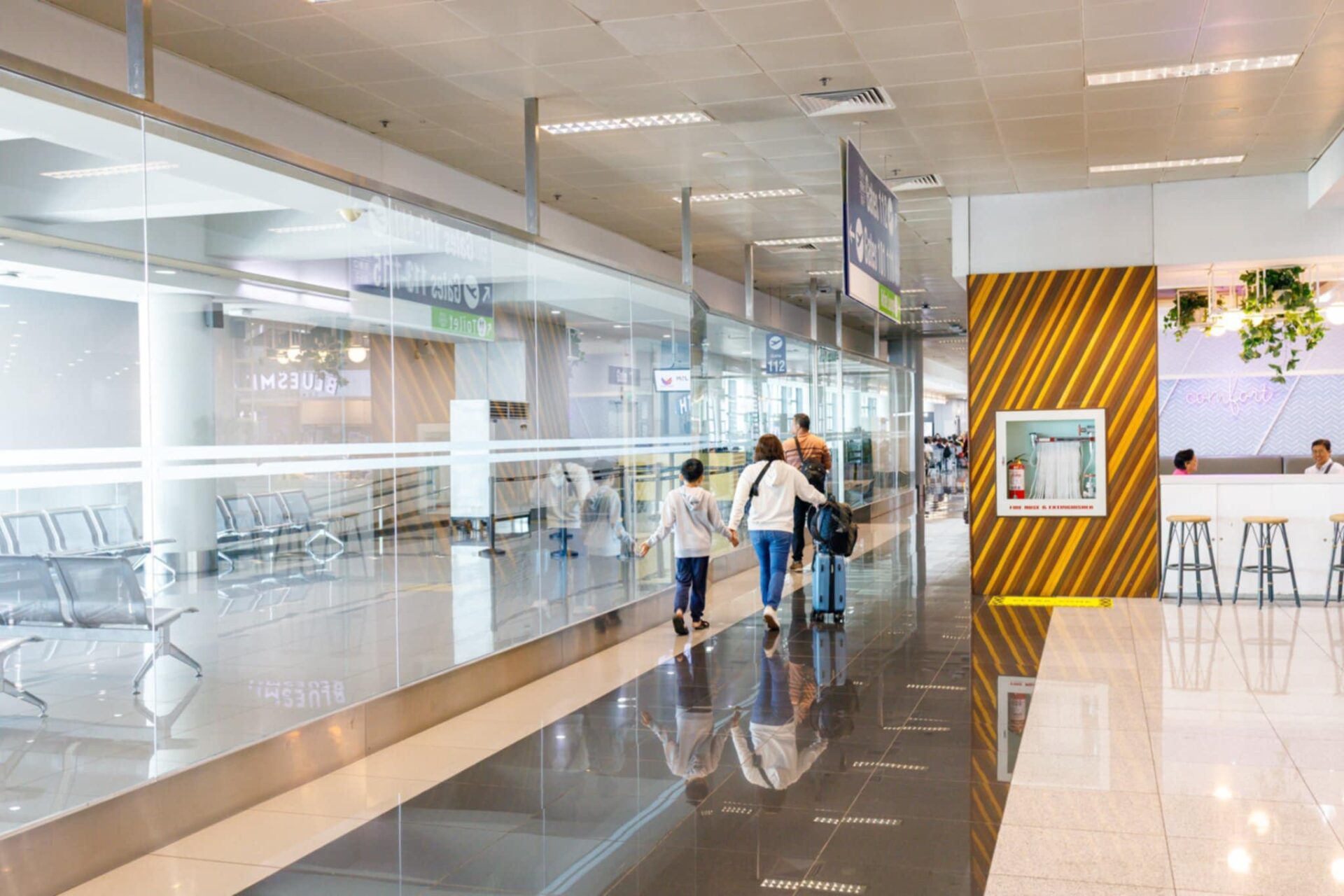Overseas Filipino workers remain exempt from payment of the passenger service charge even as the terminal fee will increase next month, according to the New NAIA Infra Corp. (NNIC), the private operator of Ninoy Aquino International Airport (NAIA).
NNIC said OFWs will not be affected by the PSC adjustment and will remain fully exempt from paying international PSC, as mandated by existing regulations.
“We recognize the sacrifice and contribution of our modern-day heroes. Their exemption from terminal fees continues under the new framework,” NNIC said in a statement on Wednesday.
The PSC or terminal fee applies only to departing passengers and is collected only once per journey it will be implemented in September 2025, increasing terminal fee from P550 to P950 for international flights and from P200 to P390 for domestic flights.
However, NNIC data showed that the current service fee at NAIA is the lowest in the Philippines and among the most affordable in Asia. For comparison, Cebu charges P1,030 for international flights and P365 for domestic flights, while Davao, Iloilo, and Bohol have PSC rates of P900 for international and P350 for domestic flights. At Clark International Airport, the rates are P750 for international and P315 for domestic flights.
Comparing NAIA to other major Asian airports, the PSC is significantly lower: Haneda at P1,136, Bangkok at P1,242, Hanoi at P1,531, Phnom Penh at P1,712, and Changi in Singapore at P2,683.
The service charge adjustmen is not an arbitrary increase, NNIC said, adding that it was set by the government under MIAA Administrative Order No. 1, Series of 2024, and approved by the Department of Transportation (DOTr), and the Cabinet. It was also reviewed by the Asian Development Bank (ADB) as adviser of the governments. Any winning bidder, NNIC added, would have implemented the same schedule.
On privatization, NNIC said the turnover of NAIA’s operation was the result of a competitive and transparent bidding process, with safeguards to protect the public interest. The PPP model was pursued by government precisely to ensure the needed funds, expertise, and technology are brought in to modernize the country’s primary airport without burdening taxpayers.
Since its turnover in September 2024, NAIA has handled more than 50 million passengers annually — far higher than Cebu (11.3M), Davao (4.2M), Iloilo (2.5M), Clark (2.4M), and Bohol (2.3M) — making its modernization urgent. Despite this scale, NAIA’s PSC remains the lowest among major Philippine airports and among the most affordable in Asia.
NNIC also emphasized that collections go directly to airport operations and passenger service improvements. Since the takeover, upgrades delivered include: renovated restrooms, new air-conditioning systems, restored elevators and escalators, new gang chairs, more baggage trolleys, better
Wi-Fi and CCTVs, wider curbside lanes, a centralized TNVS hub, an OFW lounge with rest areas, automated parking, dignitaries’ lounge, more shuttle buses and ambulances, new employee cafeterias, and biometric passenger processing systems launching in September.





